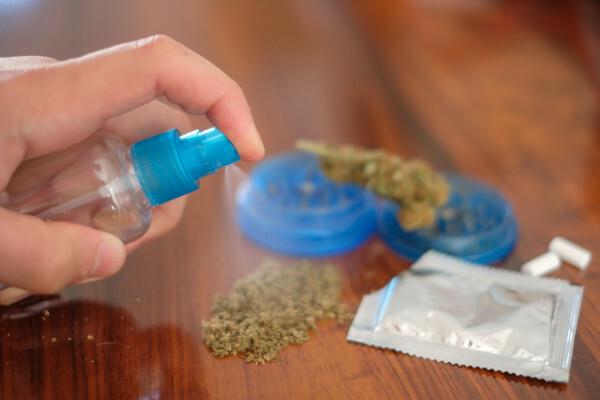What is independence?
The meaning of independence is linked to a state in which the person is not under the control of superior force or influence. Furthermore, we can understand independence in a sense close to the words autonomy, self-sufficiency and freedom.
When we talk about child independence, we are dealing with the scope of acquiring skills and characteristics such as organization and administration of study and entertainment time, developed sociability among others.
How can a child become independent?
Many parents believe that a child's independence depends exclusively on “letting go”, that is, giving the child freedom to have their own experiences. What must be kept in mind is that, for the child, many forms and contents of the adult world are still not easily understandable. In this sense, the child needs references.
For Winnicott, well-known author of English psychoanalysis, every child is born with an independence in potential that may or may not materialize from the action of an environment that facilitates this process. To describe this environment, Winnicott used the expression
good enough mother. This expression indicates an environment in which the parental attitude is at the midpoint between overprotection and neglect, which are the extremes. Thus, the child receives the ideal doses of protection and freedom, because an environment that is attentive to the adaptive needs of each child is configured. This point of balance also corresponds to a gradual departure from parental action. A good example to understand this decrease is the act of teaching a child to ride a bicycle. Initially, the parents create the apparatus: they install training wheels, buy a helmet, knee and elbow pads and, in addition, hold the bicycle. Gradually the action of parents is decreasing. The child no longer needs to be held and will soon dispense with the bicycle wheels.For other authors, the child's independence depends on the ability he/she develops to life-long judgment of their own abilities, without needing someone else to give value to that. An example of this is the case of studies: gradually the child moves away from the need for approval from the teacher and parents, or from the grades, and realizing the importance of knowledge.
How can parents help?
The watchword regarding child independence is attention. Parents can help their children if they are aware of their needs, whether for affection or space. Being aware means noticing the moments when the stimulation of independence is opportune. This is because many children can understand this stimulation as abandonment. Knowing the children's tastes and desires is the main way to help them build their own paths and this demands spending time with the children. Another important action for parents is to share their own experiences, including disabilities and limitations. Parents who assume that they have always behaved irreproachably, with the intention of serving as a role model for their children, can become distant and unattainable role models. Showing mistakes and incapacities is showing oneself human and this is an attitude that greatly favors the development of child independence.
Child Independence and Disability
One of the complicating factors in stimulating children's independence is the existence of any problem in the children's physical, cognitive or emotional development. Parents tend to have difficulty finding the balance between protecting and releasing. For these parents, the same word applies: attention. Be aware not of your children's limitations and difficulties, but of their potential. A stimulated child, even with a severe degree of physical or mental impairment, can learn and become independent. This independence depends on the look of the parents and the community in which this child is inserted for what he/she “is capable of doing”, so that stimulation is more efficient.
How to find out more?
Some films help to think about the relationship of parental attitude with child independence. the animation Looking for Nemo (Finding Nemo, USA, 2003) is a good example, capable of generating interesting discussions on the topic. The documentary “Neurotic parents, spoiled children” (BBC, GNT.Doc, 2010 – Available on Youtube) portrays how the pressure exerted on parents to be superparents, has hampered the development of their children's autonomy. Finally, the movie Colleagues (Brasil, 2013), is a national production that has great potential to discuss the independence of children and adults with disabilities.
Juliana Spinelli Ferrari
Brazil School Collaborator
Graduated in Psychology from UNESP - Universidade Estadual Paulista
Brief psychotherapy course by FUNDEB - Foundation for the Development of Bauru
Master's Student in School Psychology and Human Development at USP - University of São Paulo
Source: Brazil School - https://brasilescola.uol.com.br/psicologia/independencia-crianca.htm



